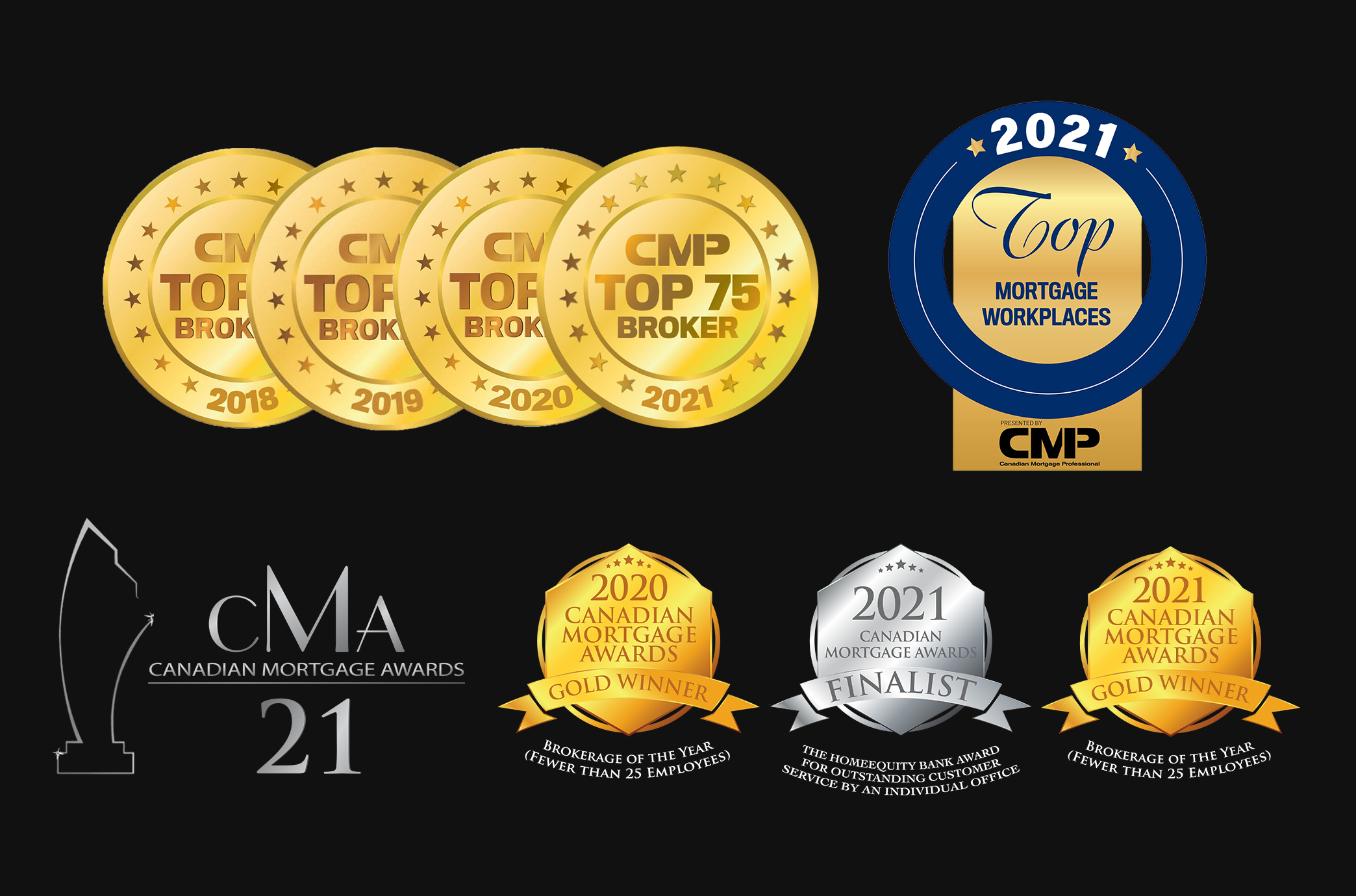Great Mortgages. The Right Insurance. Expert Advice.
Five ways to avoid a credit card hangover this holiday season.
Your Outline Financial Team.
Call or email at any time:
You don’t have to have a scary credit card hangover in January. Imagine a world where your January credit card bill was manageable? Or maybe even $0?
It’s possible. It’s not simply for financial dreamers. Here are five ways to make that your January financial reality.
1. Make a realistic shopping list and check it twice.

Be intentional about your gift list. Many of my clients with credit card hangovers in the New Year felt like they were mindlessly shopping during the holidays, especially if they started shopping last minute in a panic.
Make a shopping list. For real. Maybe on your phone, on a notepad, a scroll – whatever. Just be sure to write down who you’re planning to buy for and how much you’re realistically able to spend on them to stay on budget. Be sure to think about shipping, exchange and GST/HST where applicable. For example, if I want to spend $30 on Billy, that $30 and shipping is $5, my gift needs to be $22.12 or less. Then, it would be $25 after HST and $30 after adding $5 for shipping.
2. Don’t forget about the cost of merrymaking
Just like shipping and sales tax, don’t forget about the extra costs of the holidays. It’s not just about the gifts. Think about the extra groceries, wine, wrapping paper, cheese! It adds up. Add these additional costs to your shopping list as well to ensure you’ve factored them into your budget.
3. Avoid credit cards, if you can
The best way to avoid a credit card hangover in January is to avoid using credit altogether. I know, I know. You’re thinking that it’s not realistic. But it is! It just takes a wee bit of planning and a debit card. Spread out your holiday shopping over several pay periods. Don’t cram everything into the three days before Christmas. This way, there may not be a massive spike in spending that will leave your chequing account empty. If you spread out your purchases, you’re less likely to require a credit card to pay for purchases that you can’t cover in your chequing account. Debit is great because it also allows you to track your spending so you can see what you spent and where and reconcile that with your list to ensure you’re on track.
4. Put a reminder on your credit cards. Be Merrily Mindful.
If you do plan on using credit, give yourself a reminder of your list every time you go to swipe your card. A great tip is to write out your list on a piece of paper and tape it to the back of your credit card. This way, when you go shopping and you’re checking out at the till you can stop, take a breath, check your list and ensure you’re on budget. Your card will give you a loving reminder of what you intended to do before you swipe your card.
5. Start off on the right foot next year
Ok, so maybe you’re thinking this year is a lost cause. But, the good news is, you have all of next year to save up. The holiday season will come again. Saving up for the holidays over the course of the year is one of the oldest tricks in the book but people don’t often implement this amazing stress-free strategy. Why? Because the holidays feel far away in December and most people feel broke after the holidays and the idea of putting money aside into short-term savings can feel unsatisfying – especially during RRSP season. But, you will thank me next holidays season when you have money stashed and no stress about holiday spending.
Look at your spending from the previous holiday season. If you think it was reasonable and want to stick to that budget again for the upcoming year, start saving now. For example, if you spent $600 last year on the holidays, start putting $50 away each month in January and voila! You will have $600 waiting for you in December for all of your holiday shopping. No stress. No credit card hangover.
––––––––––
This Globe and Mail article was legally licensed by AdvisorStream to Outline Financial.
![]()




